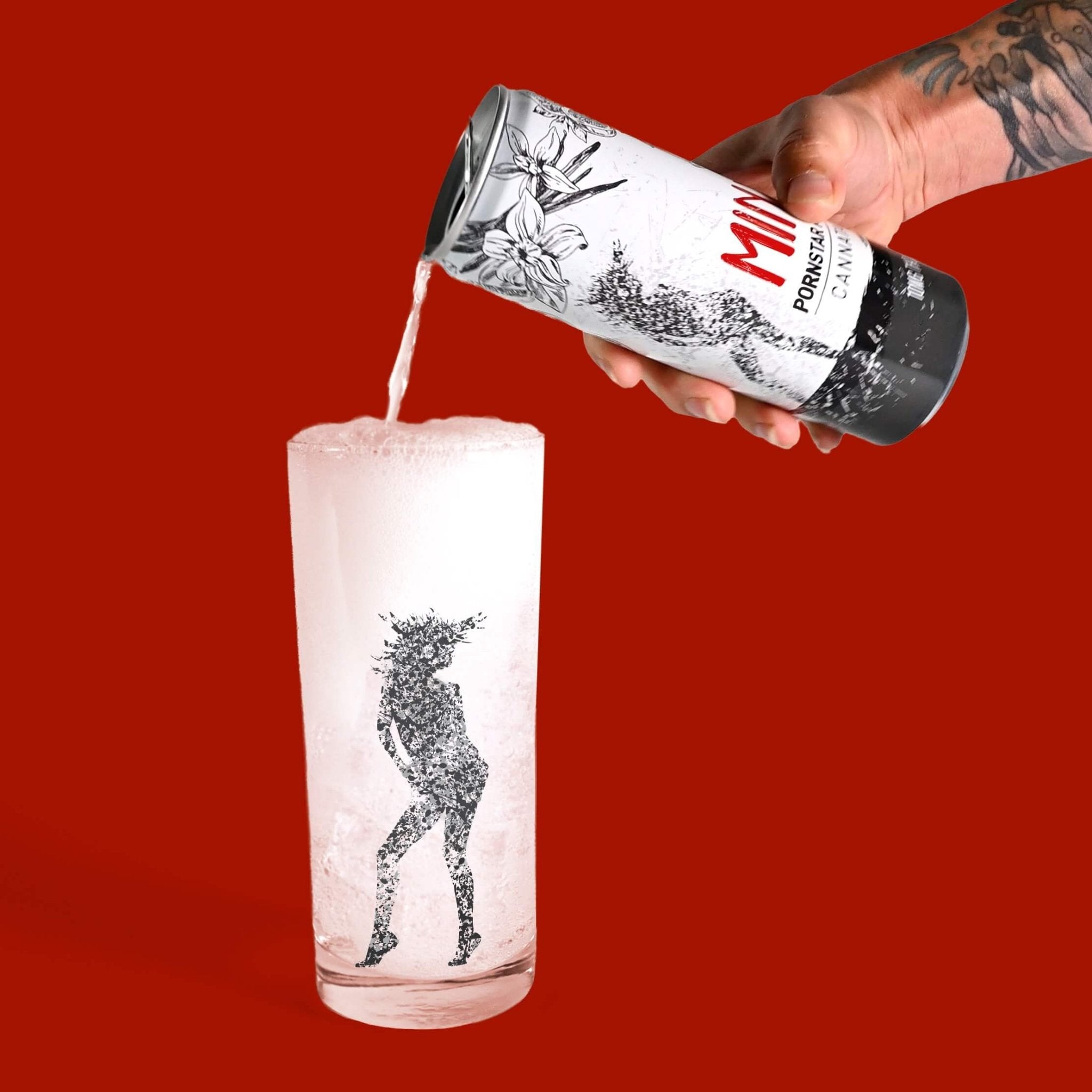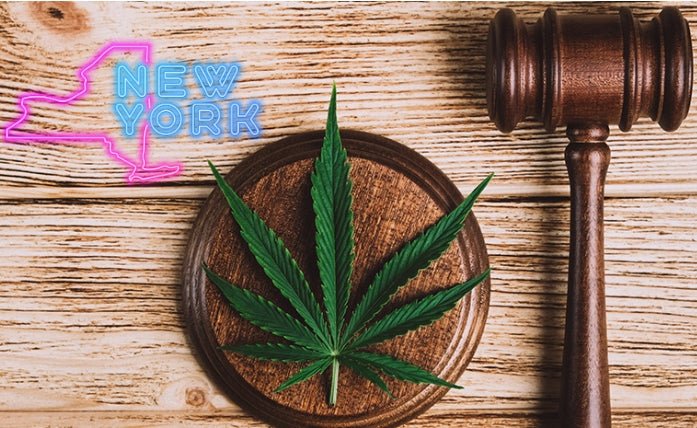The lobbying group and 30 additional cannabis organizations submitted a list of nine goals for the House and Senate committees to consider for the bill's upcoming renewal.

One of the most anticipated and crucial legislative debates is about to take place on Capitol Hill, and at its center is hemp. As first reported by MJBizdaily, the U.S. Hemp Roundtable, along with 30 marijuana advocacy groups, sent a list of nine priorities to those congressional committees responsible for the crafting of the 2023 Farm Bill.
The 2018 incarnation of the close to $1 trillion must-pass spending package famously removed hemp from the Controlled Substances List. The bill made it legal to cultivate, process, manufacture, distribute and sell the plant along with its myriad of multi-faceted by-products, including CBD, building materials like "hempcrete," biodegradable plastics, food and dozens more.
Since the passage of the 2018 Farm Bill, the hemp industry has experienced the highest of highs and the lowest of lows as creative and, at times, overly aggressive manufacturers and entrepreneurs pushed the commercial and health and safety boundaries of the sparsely regulated market sector.
Following the 2018 iteration and the subsequent hemp explosion, the sector has come crashing back down to earth. For example, revenue from flowers grown for CBD plunged last year by more than 70% compared to 2021. Likewise, income from hemp fiber dropped more than 30%, and revenue generated by hemp grain dipped 40% in 2022, according to USDA's year-on-year figures.
In addition to the dismal financial statistics, the hemp industry is also dealing with the political and social fallout created by the largely unregulated synthetic hemp-derived cannabinoid product sector. The leading cause for concern is the massive proliferation of products containing synthetically derived delta-8 THC. Delta-8 has been linked to the death of a toddler in Virginia and a host of other incidents where individuals (some minors) fell ill after consuming items containing the variant.
To address these pressing issues, the U.S. Hemp Roundtable and 30 other cannabis organizations sent a list of 9 priorities for lawmakers to consider as they begin to piece together the vital elements of the 2023 version of the bill. Those items include:
- Bolstering the U.S. Department of Agriculture hemp program through funding and dedicated staff.
- Requiring the Food and Drug Administration to regulate hemp extracts such as CBD.
- Designating hemp as a specialty crop.
- Repealing a ban that keeps felons from participating in hemp production.
- Promoting hemp research at historically Black colleges and universities (HBCUs), tribal colleges, and Hispanic-serving institutions.
- Removing Drug Enforcement Administration registration for hemp-testing labs.
- Easing burdensome regulations.
- Permitting hemp grain for animal feed.
- Addressing THC levels for hemp.
In an interview with MJBizMagazine, Jonathan Miller, general counsel for the U.S. Hemp Roundtable, spoke about these pressing issues for the industry and the potential challenges facing the small to medium-sized businesses, which comprise a substantial percentage of the overall hemp sector.
One of the most, if not the most, critical concerns is the role of the U.S. Food and Drug Administration (FDA) in policing and setting up a regulatory framework for financial juggernauts like CBD. According to Miller, "The biggest issue that we're confronting as an industry is the lack of regulation by the FDA when it comes to CBD and other cannabinoids. When (the bill) gets to the Senate, or when it gets to the floor, or when it gets into (the) conference committee, we are expecting to see some language there. And that's the biggest thing that the industry is hoping for."
"The biggest issue that we're confronting as an industry is the lack of regulation by the FDA when it comes to CBD and other cannabinoids. When (the bill) gets to the Senate, or when it gets to the floor, or when it gets into (the) conference committee, we are expecting to see some language there. And that's the biggest thing that the industry is hoping for."
- Jonathan Miller, general counsel for the U.S. Hemp Roundtable
That lack of regulation has prompted congressional hearings and loud chastisements of the regulatory agency by influential lawmakers like Rep. James Comer (R-KY), who chairs the House Oversight and Accountability Committee.
Legislators like Comer represent districts heavily invested in hemp and its lucrative by-products like CBD. However, without the FDA's participation in implementing safety guidelines and providing its coveted seal of approval, cultivators, manufacturers, retailers and, most importantly, consumers are left in an uneasy state of limbo.
In addition to the FDA quandary, Miller went on to discuss the potential changes to the bill regarding hemp-based intoxicating cannabinoids, the likelihood of the bill's passage, the effect the measure's makeup and enforcement could have on the marijuana industry, and a potential end to the federal ban on cannabis.
He concludes, saying, "My biggest worry is that we don't see enough hemp in the Farm Bill. We really need to deal with the CBD issue and our agenda. We're not going to get everything we want, but I'd love to be able to get to some clear victories for hemp. We're hoping to reduce regulations on (hemp farmers and processors)."
"My biggest worry is that we don't see enough hemp in the Farm Bill. We really need to deal with the CBD issue and our agenda. We're not going to get everything we want, but I'd love to be able to get to some clear victories for hemp. We're hoping to reduce regulations on (hemp farmers and processors)."
- Jonathan Miller, general counsel for the U.S. Hemp Roundtable
The upcoming debate regarding the 2023 Farm Bill could become one of the most critical legislative debates of the new century's still young history. How lawmakers handle the items outlined above will go a long way in determining the ultimate success or failure of the hemp industry moving forward. Hopefully, reason and pragmatism will win out over partisan wrangling and politicization. It's already an industry too big to ignore and too valuable to fail.







































